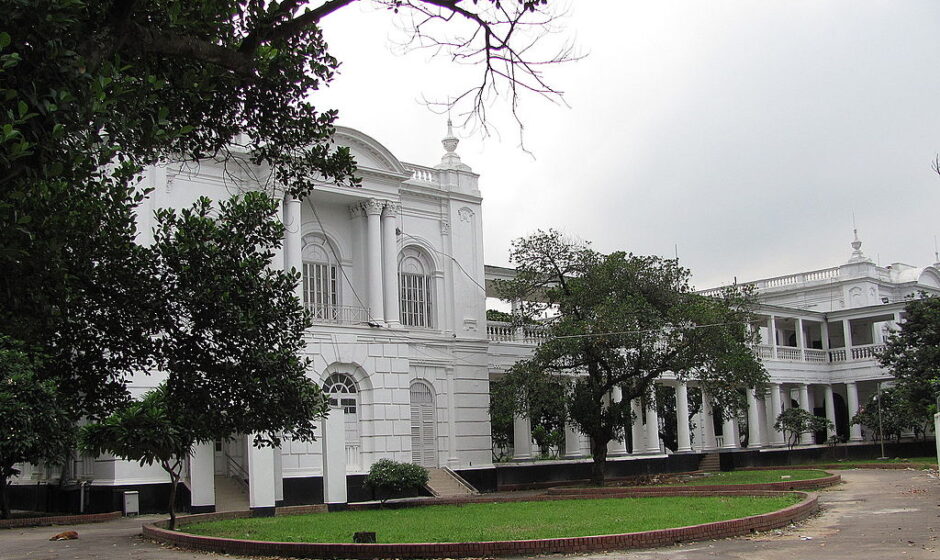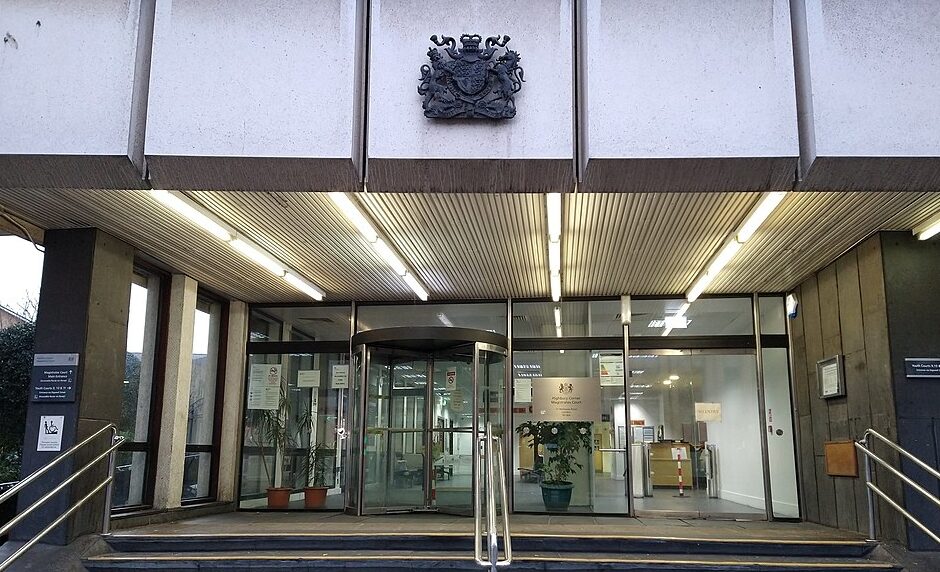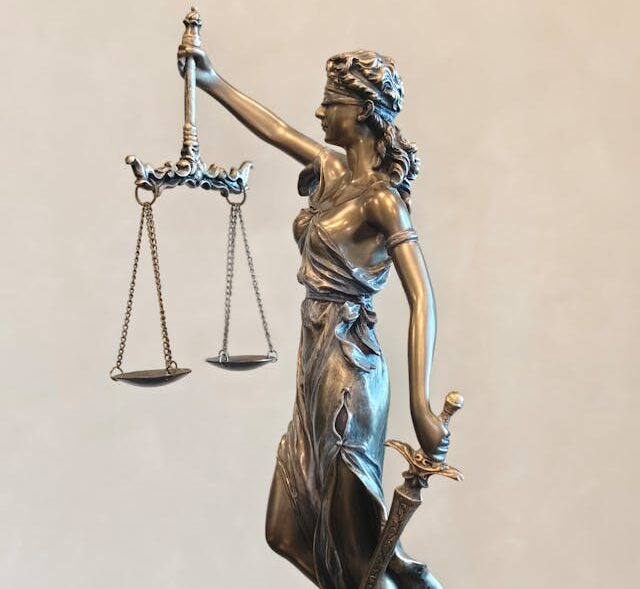Lawyer who once urged Hasina’s hanging now ousted from her tribunal defence in explosive courtroom drama
In a startling courtroom twist, Bangladesh’s International Crimes Tribunal (ICT-BD) on Wednesday removed the state-appointed lawyer representing former Prime Minister Sheikh Hasina, following uproar over the counsel’s past demand for her execution.
The decision comes amid rising tensions surrounding Hasina’s ongoing legal battle. The former premier, who led the Awami League for nearly 16 years before being ousted last year during massive student-led protests, is now the focus of a high-stakes tribunal proceeding that continues to send political shockwaves through Dhaka and beyond.
The now-dismissed lawyer, whose previous public call for Hasina’s execution sparked outrage, had been controversially appointed as her counsel by the state. His removal reflects growing unease within the tribunal over both the optics and integrity of the legal process. Critics described the appointment as an egregious conflict of interest—one that mocked the very concept of fair representation.
Officials confirmed the lawyer had made the inflammatory remarks about Hasina prior to taking on her legal defence. Though the exact nature of his past comments wasn’t detailed in court, multiple sources and public statements have linked him to vocal criticism of the former leader, raising profound questions about the appropriateness of his role in a case of this magnitude.
Supporters of Hasina, along with human rights observers, reacted swiftly to the news. Many called the initial appointment a calculated attempt to undermine the credibility of Hasina’s defence. Others warned the incident risked turning the tribunal into a political theatre rather than a venue for justice.
Embed from Getty ImagesMeanwhile, tribunal sources acknowledged the gravity of the situation. Removing a state-appointed counsel mid-trial is an uncommon and disruptive move. Still, officials suggested the move was necessary to restore public confidence in the legal process, especially given the high-profile nature of the case.
The former prime minister’s nearly two-decade reign was marked by both rapid development and increasing authoritarianism, according to international analysts. While Hasina earned praise for her economic reforms and tackling Islamist extremism, she also faced mounting criticism for crackdowns on dissent, media control, and allegations of voter suppression.
Her eventual fall from power came after waves of student protests swept the country in 2024. These mass demonstrations, initially focused on education reform, quickly escalated into nationwide demands for political change, ultimately forcing Hasina’s government to step down under immense pressure.
The current tribunal proceedings form part of a broader reckoning. The charges against Hasina remain opaque, and the trial’s direction continues to be fiercely debated across Bangladesh’s fractured political landscape. Many view the process as politically motivated, while others argue it is a necessary step toward accountability for alleged abuses during her time in office.
With the lawyer’s removal, Hasina’s legal team will now need to regroup and reassess their strategy. Questions remain over who will take over her defence and whether the integrity of the proceedings can be salvaged in the court of public opinion.
As the political drama intensifies, Bangladesh watches with bated breath. For many, this isn’t merely a courtroom battle—it’s a symbol of a country grappling with its democratic soul.





